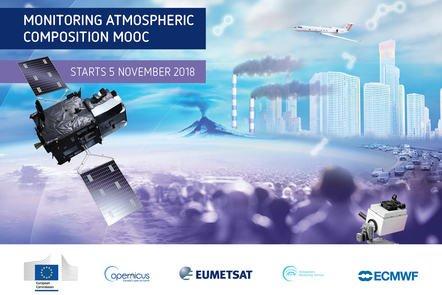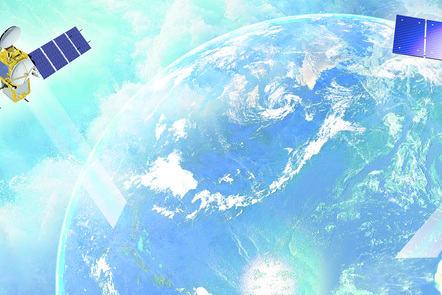Helen Czerski
Helen is a physicist, oceanographer and broadcaster with a passion for science, sport, books, creativity, hot chocolate and investigating the interesting things in life. She currently works in the Department of Mechanical Engineering at University College London, and is a science presenter for the BBC.
Helen graduated from Cambridge University in 2001 with a first in Natural Sciences (Physics), and then was awarded a PhD in experimental explosives physics at Cambridge in 2006. During this time she also worked at the University of Toronto in Canada and Los Alamos National Laboratory in the USA. A continuing fascination with the world of very fast small-scale phenomena led her from explosives to the study of ocean bubble formation.
The next four years were spent working in the USA at the Scripps Institution of Oceanography in San Diego and the Graduate School of Oceanography in Rhode Island. She returned to the UK in October 2010 to begin her own research project. Her research interests are the optics and acoustics of ocean bubbles, the structure of the bubble plumes caused by breaking waves, and the influence of ocean bubbles on the atmosphere.
Helen is an enthusiastic supporter of ScienceGrrl which celebrates real women doing great science. She was featured in their 2013 calendar as a Bubble Physicist.
We're surrounded by fascinating science all the time, but we don't notice most of it. Helen loves playing with everyday science, and she writes a monthly column for BBC Focus magazine called 'Everyday Science'. They let her write about things like why wet paper bags are rubbish and why blueberry jam is pink. Helen is delighted to have been shortlisted for 'Columnist of the Year - Consumer Media' by the PPA (Professional Publishers Association) in the PPA Awards 2014.
More info here.


